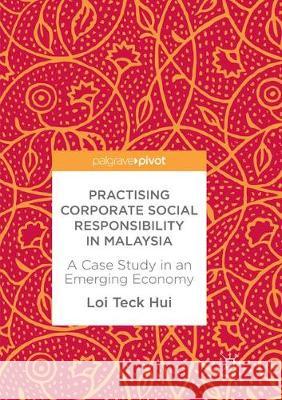Practising Corporate Social Responsibility in Malaysia: A Case Study in an Emerging Economy » książka
topmenu
Practising Corporate Social Responsibility in Malaysia: A Case Study in an Emerging Economy
ISBN-13: 9783319873220 / Angielski / Miękka / 2018 / 193 str.
Kategorie:
Kategorie BISAC:
Wydawca:
Palgrave MacMillan
Język:
Angielski
ISBN-13:
9783319873220
Rok wydania:
2018
Wydanie:
Softcover Repri
Ilość stron:
193
Oprawa:
Miękka
Wolumenów:
01











